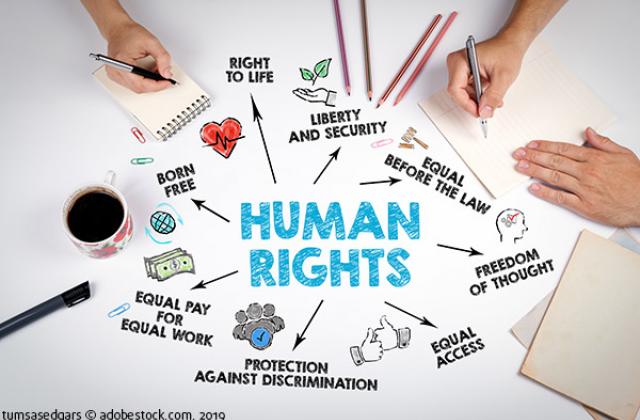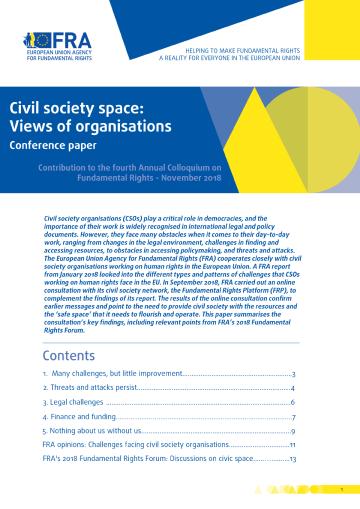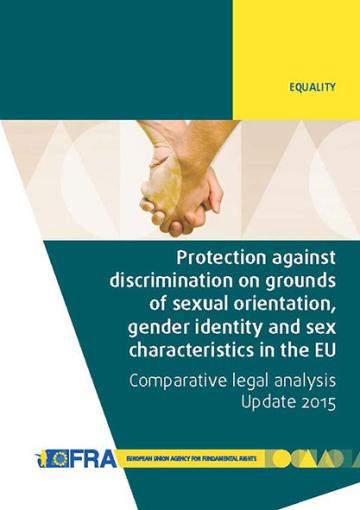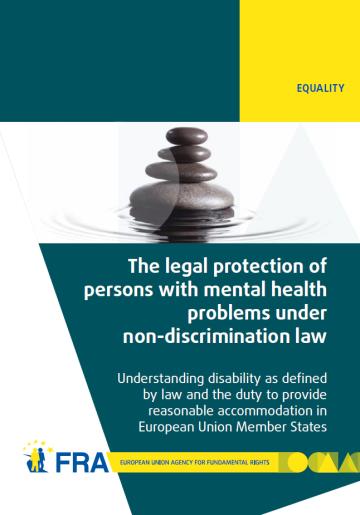Чл. 11. (1) Политическият живот в Република България се основава върху принципа на политическия плурализъм.(2) Нито една политическа партия или идеология не може да се обявява или утвърждава за държавна. (3) Партиите съдействуват за формиране и изразяване на политическата воля на гражданите. Редът за образуване и прекратяване на политически партии, както и условията за тяхната дейност се уреждат със закон. (4) Не могат да се образуват политически партии на етническа, расова или верска основа, както и партии, които си поставят за цел насилствено завземане на държавната власт. Чл. 12. (1) Сдруженията на гражданите служат за задоволяване и защита на техните интереси. (2) Сдруженията на гражданите, включително синдикалните, не могат да си поставят политически цели и да извършват политическа дейност, присъщи само на политическите партии. [...] Чл. 19. [...] (4) Законът създава условия за коопериране и други форми на сдружаване на гражданите и юридическите лица за постигане на стопански и социален напредък. [...] Чл. 43. (1) Гражданите имат право да се събират мирно и без оръжие на събрания и манифестации. (2) Редът за организиране и провеждане на събрания и манифестации се определя със закон. (3) За събрания на закрито не се изисква разрешение.Чл. 44. (1) Гражданите могат свободно да се сдружават. (2) Забраняват се организации, чиято дейност е насочена срещу суверенитета, териториалната цялост на страната и единството на нацията, към разпалване на расова, национална, етническа или религиозна вражда, към нарушаване на правата и свободите на гражданите, както и организации, които създават тайни или военизирани структури, или се стремят да постигнат целите си чрез насилие. (3) Законът определя организациите, които подлежат на регистрация, реда за тяхното прекратяване, както и взаимоотношенията им с държавата. [...] Чл. 49. (1) Работниците и служителите имат право да се сдружават в синдикални организации и съюзи за защита на своите интереси в областта на труда и социалното осигуряване. (2) Работодателите имат право да се сдружават за защита на своите стопански интереси.









